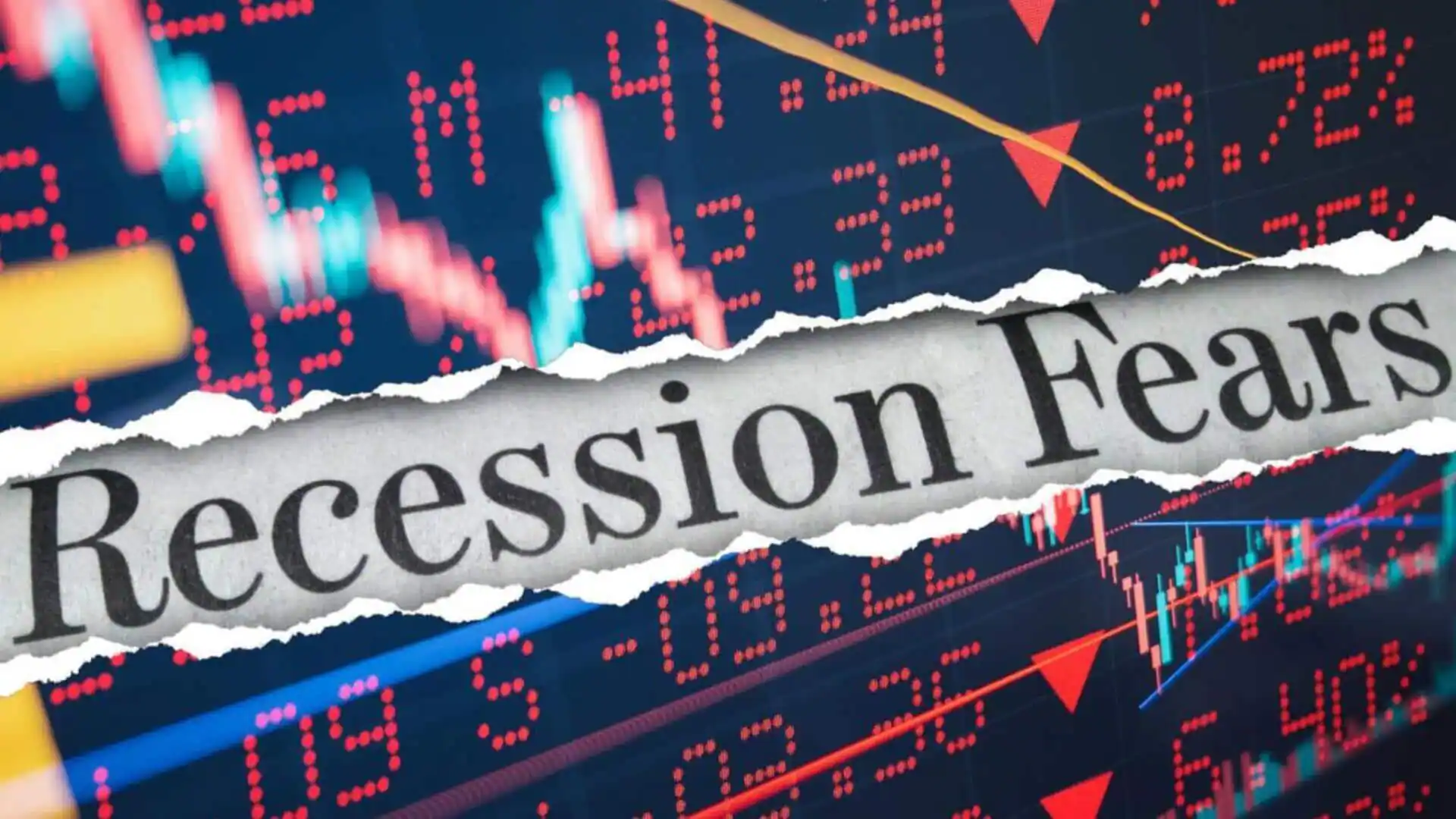Introduction to the Current Economic Climate
As whispers of uncertainty ripple through financial markets, many are left asking: Is a global recession looming on the horizon? The world economy, once vibrant and bustling, now faces an array of challenges that could tip it into a downturn. With inflation rising and supply chains still recovering from disruptions, the signs are hard to ignore. Businesses, investors, and everyday consumers are all feeling the weight of potential economic slowdown. This isn’t just another headline; it’s a reality that could reshape our lives in profound ways. Let’s delve deeper into what these economic shifts mean for us all.
Signs of a Potential Global Recession
Recent economic indicators raise alarms about a potential global recession. A notable decline in manufacturing output is one worrying signal. Many countries are reporting decreased orders and production cuts, which often precede broader economic downturns.
Inflation rates have surged, straining consumer purchasing power. As prices rise, spending habits shift. Consumers become cautious, affecting retail sales across various sectors.
Additionally, stock market volatility has intensified. Investors react to uncertainty by pulling back on investments or seeking safer assets. This hesitance can stifle growth and lead to further financial instability.
Trade tensions also contribute to the gloomy outlook for the world economy. Tariffs disrupt supply chains and increase costs for businesses worldwide, intensifying fears of an impending slowdown.
Rising interest rates set by central banks aim to combat inflation but may also hinder borrowing and spending—key drivers of economic activity that sustain growth in times of stability.
Factors Contributing to Economic Slowdown
Several factors are driving the current economic slowdown. First, rising inflation has squeezed consumer spending. As prices increase, households find it difficult to maintain their previous purchasing habits.
Supply chain disruptions continue to haunt businesses around the world. These delays lead to increased costs and uncertainty in production schedules.
Geopolitical tensions also play a significant role. Trade wars can create instability, affecting markets and investor confidence globally.
Additionally, fluctuations in interest rates influence borrowing costs for both individuals and companies. Higher rates may deter investment and dampen economic growth further.
Environmental challenges like climate change impact agricultural output and energy sources, forcing economies to adapt or suffer setbacks in productivity. Each of these elements intertwines with others, creating a complex web that fuels fears of a prolonged recession on the global stage.
Impact on Different Countries and Regions
The impact of an economic slowdown varies significantly across countries and regions. Developed economies often bear the brunt initially due to their interconnectedness with global markets. A drop in consumer spending can lead to layoffs and reduced growth rates.
Emerging markets, on the other hand, may experience delayed effects. These nations might rely heavily on exports or foreign investment, making them vulnerable when demand wanes from wealthier countries.
Regional disparities also play a role. For instance, Europe could struggle with high inflation while Asia grapples with supply chain disruptions. Each region’s unique economic fabric will dictate how deeply they feel the repercussions.
Additionally, resource-rich countries may see fluctuations in commodity prices that further complicate their situations. As global dynamics shift, understanding these localized impacts becomes crucial for both policymakers and businesses navigating uncertain terrain.
Strategies for Individuals and Businesses to Prepare for a Recession
Preparing for an economic slowdown requires proactive measures. Individuals should start by evaluating their finances. Create a budget that prioritizes essential expenses and reduces discretionary spending.
Building an emergency fund is crucial. Aim to save at least three to six months’ worth of living expenses. This safety net provides peace of mind during uncertain times.
For businesses, diversifying revenue streams can help mitigate risks. Explore new markets or products that align with current demands. Flexibility in operations can also lead to resilience.
Investing in employee training enhances productivity without increasing payroll costs significantly. A skilled workforce adapts more easily to changing conditions.
Establishing strong relationships with suppliers and clients fosters loyalty, which can be invaluable when times are tough. Communication through transparent updates builds trust and keeps everyone informed about potential challenges ahead.
Staying informed about market trends equips both individuals and businesses to pivot strategies as needed amidst fluctuating economic landscapes.
Government Responses to Prevent or Mitigate a Recession
Governments play a crucial role in addressing economic slowdown. Their responses can either cushion the impact or exacerbate challenges.
Monetary policy adjustments are often one of the first measures taken. Central banks may lower interest rates to encourage borrowing and spending. This approach aims to stimulate growth when consumer confidence falters.
Fiscal policies also come into play. Increased government spending on infrastructure projects can create jobs and boost demand. Tax cuts for individuals and businesses further aim to put more money back into circulation, fostering economic activity.
In times of crisis, targeted relief programs become essential. Direct assistance helps those hit hardest by job losses or reduced income, ensuring that basic needs are met while supporting recovery efforts.
International cooperation is another vital aspect during global slowdowns. Collaborative efforts among countries can stabilize markets and restore investor confidence in the world economy, promoting shared resilience against downturns.
Navigating Uncertain Economic Times
Navigating uncertain economic times requires a proactive approach. Individuals and businesses must stay informed about market trends and changes in government policies that may impact their financial decisions.
Diversifying investments can serve as a buffer against the effects of an economic slowdown. For individuals, having an emergency fund can provide security during turbulent periods.
Businesses should consider revising their strategies to enhance resilience. This might include focusing on cost-cutting measures, improving efficiency, or exploring new markets.
Networking with industry peers also helps; sharing insights can lead to better decision-making. Staying adaptable is key because the global economy is constantly evolving, often in unpredictable ways.
Keeping a close eye on indicators of recession will allow both individuals and businesses to react swiftly when necessary. Understanding these dynamics will empower everyone to face potential challenges head-on while seeking opportunities even amidst uncertainty in the world economy.




